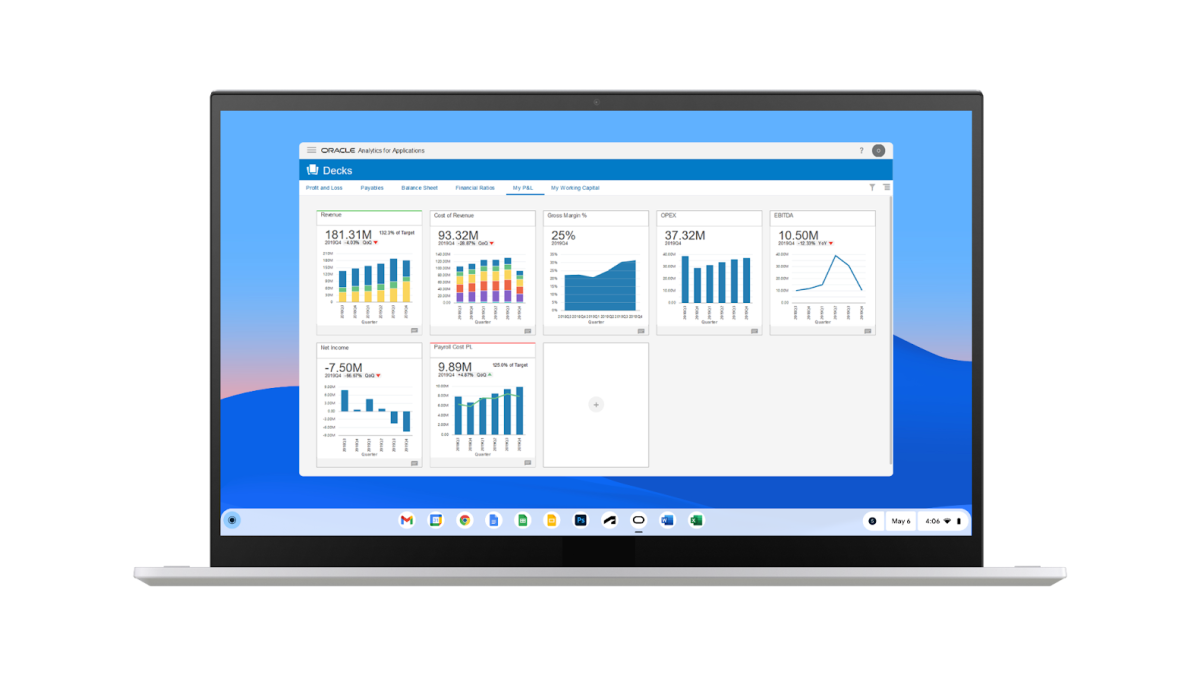Google has acquired Cameyo, a company developing virtualization tools to run Windows apps on ChromeOS devices, for an undisclosed amount.
In a blog post, Cameyo CEO Andrew Miller and Google product lead Naveen Viswanatha write that the buy will benefit ChromeOS, Google’s lightweight Linux-based operating system, by giving ChromeOS users greater access to Windows apps “without the hassle of complex installations or updates.”
“By combining the power of ChromeOS with Cameyo’s innovative virtual application delivery technology, we are empowering businesses to modernize their IT infrastructure while preserving their investments in existing software,” Miller and Viswanatha said.
Cameyo CTO Eyal Dotan founded the startup in 2018, aiming to create a platform to virtualize Windows apps so that they could run on non-Windows machines and even within web browsers. Cameyo’s approach works by packaging an app, inclusive of its dependencies, in an standalone, self-contained executable that also has a virtualization engine to run on a range of operating systems.
Last year — foreshadowing the acquisition — Google partnered with Cameyo to launch features including Windows app local file system integration and the ability to deliver virtual Windows apps as progressive web apps, or apps hosted in datacenters that run in browsers.
As The Verge’s Tom Warren notes in his piece on Cameyo today, Google’s been on a mission to push ChromeOS in business and education after a rather lukewarm response from consumers. With Cameyo’s tech, organizations looking to move away from Windows — or work with both Windows and ChromeOS — have a potentially more appealing avenue, particularly as more and more apps move to the cloud and web-based technologies.
Indeed, Cameyo claims on its website that hundreds of organizations, including school districts and financial institutions, already rely on its software.

